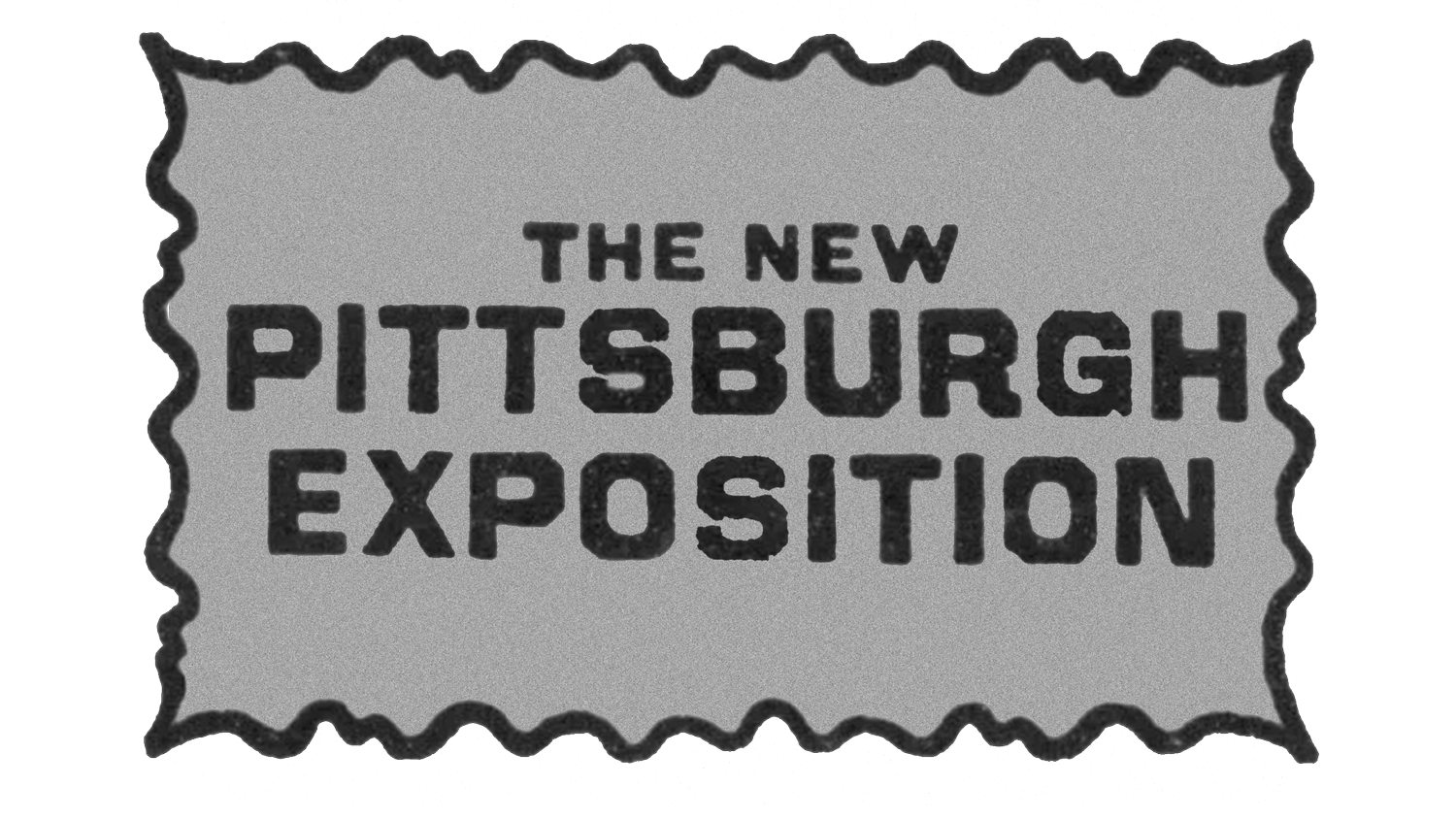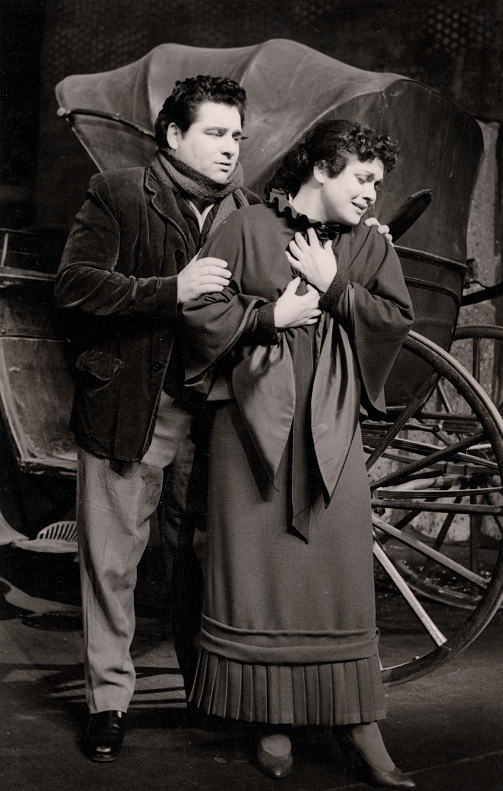Wozzeck: The Opera That Created a Star
Above: Marilyn Horne in the role of Mimi, Gelsenkirchen, 1960
In the spring of 1960, Marilyn Horne was in the throes of a grueling performance schedule in Gelsenkirchen, Germany. She had recently announced her engagement to Henry Lewis and was in the middle of a firestorm of unwanted criticism from friends, family, and colleagues for wanting to marry a Black man. The stress, along with the German climate, resulted in illness. In her autobiography, Marilyn said, “From January to July, I picked up every malady under the sun. Gelsenkirchen was one big petri dish where germ after germ was cultivated for my benefit.” The biggest test, however, was yet to come.
The year 1960 marked the final season for Marilyn Horne’s at Gelsenkirchen. She called her time there “the galley years.” Indeed, it was not the life of a glamorous prima donna, but her time in Germany allowed her the opportunity of experience life in a professional opera company and sing leads in dozens of great operas. She had proven herself professionally, and it seemed that there was no part she could not master.
That spring, while she was preparing to perform Mimi in Puccini’s La Bohème, the Intendant (general manager) of Gelsenkirchen called Marilyn into his office and announced he intended for her to sing the role of Marie in Alban Berg’s Wozzeck. First performed in 1925, Wozzeck was an avant-garde opera known for its demanding vocal acrobatics. As Marilyn would later recall, “It’s full of lung-busting twelve-tone music and frankly the idea of learning the part did not appeal to me.”
At that time, there were perhaps less than five women in the world who could sing the role of Marie. The Intendant talked Marilyn into taking on the challenge. When the Gelsenkirchen production of Wozzeckopened on May 22, 1960, the acclaim was nearly unanimous. Marilyn Horne had conquered the role. A Berlin music critic said it was “the greatest” Marie he’d ever seen. Word soon reached America.
By coincidence, the San Francisco Opera had scheduled a fall premiere of Wozzeck. The lead was to be sung by soprano Brenda Lewis (no relation to Marilyn’s husband Henry). When Lewis suddenly became ill, Marilyn found herself on the receiving end of an invitation to fly to San Francisco to audition for the part. General Director of the San Francisco Opera, legendary conductor Kurt Adler, later said that Marilyn’s audition was “one of the greatest” he’d ever seen in his many years with the opera company.
The role of Marie in San Francisco would lead to a number of key turning points in what would become Marilyn’s legendary career. They included her debut at Lyric Opera of Chicago in 1961, and her first performance with Dame Joan Sutherland that same year. Marilyn and Joan Sutherland would go on to become a dynamic duo in the world of opera, and it was alongside Sutherland that Marilyn would take her bows in her Met debut in 1971.
The opera Wozzeck is not a household name among casual opera listeners. It is an intense and earthy drama composed in the avant-garde style of the early 20th century. Its atonal compositions are not tunes that an audience would find themselves whistling afterwards. The harsh modernist juxtapositions, however, were well-suited to the opera’s storyline, which revolves around a soldier who slits the throat of his prostitute lover. In the early 1930s, the opera would fall victim to the Nazi’s assault on any art form they deemed “degenerate,” and it would not see a resurgence until after the war. It is now performed regularly around the world, and is still known for its challenging vocals among singers.

